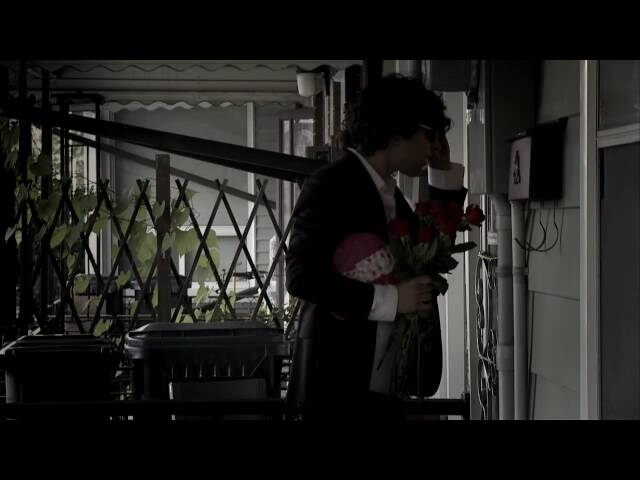Amy Millan sails beyond the Stars

You might have thought you knew Amy Millan, but you were wrong. You had her pegged as the resplendent disco queen icily intoning atop Stars’ majestic and sweeping dance pop, but away from the bright lights she was a lonesome cow girl strumming songs of lost loves and hard drinking nights. This other side of Millan first surfaced on 2006’s Honey From The Tombs, and returns in a slightly more refined form on her just-released sophomore album, Masters Of The Burial. Unlike many musicians who attempt an extreme makeover in their solo careers to scratch a genre itch, Millan’s take on alt-country works, largely because it has the feel of lived-in authenticity. In advance of her two shows in New York—Nov. 5 at Mercury Lounge and Nov. 6 at the Bell House—The A.V. Club talked with Millan about lifelong musical friendships, the beauty of brevity, and defining success on her own terms.
The A.V. Club: Most of the songs on your first solo album were written during the ’90s before you joined Stars. Were you still drawing from that same well of material for this record? Is it hard getting back into the headspace of those older songs?
Amy Millan: No, not really. These were newer songs this time around, but it doesn’t matter—the space is always myself alone with a guitar, so it doesn’t take a lot to get myself back there. Stars is much more communal and collaborative. It’s important for me to find alone time to write these songs and articulate things creatively by myself. Luckily there’s always plenty of things to write about. I like the quiet aspect of my solo work. It’s nice having a life away from the Marshall stacks and getting to preserve my hearing a little bit. This is the kind of music I want to be playing into my 70s.
AVC: Have you had to adjust your stage presence performing this lower-key solo work in smaller venues, as opposed to the grander sound and bigger stages Stars play these days?
AM: Fortunately, I’ve got a great band. I’ve been playing with Dan [Whitely], who’s done a lot of the guitar and mandolin playing on my solo records, since I was 15. I always thought my future in music was going to be with him, and then Stars asked me to join them and that ended up taking me around the world. So I feel like I got sort of sidetracked. [Laughs.] I’m really comfortable presenting this music to people. This kind of music is really at the core of my being.
AVC: You didn’t find commercial success with music until your 30s. Do you think “making it” at a relatively older age has colored the way you approach your career now?
AM: Part of the music-making game is that there will always be times when you’re on top and times when you’re not. I remember seeing Johnny Cash in 1990 at the Canadian Exhibition in Toronto. It was a free concert in the middle of the day and there were just tons of kids around eating cotton candy who really couldn’t give a shit about him. He was such a legend to me, and I remember being shocked that 80 percent of the people weren’t paying attention. But he still gave his all, and I realized he was doing it because he had to—and he was never going to stop. That really made an impression on me. By the end, with his American Recordings albums, Johnny was back on top, but there was a long period of time where he was just forgotten. I look to him as inspiration to remember that sometimes you’re hip and sometimes you’re not, but in the end none of that matters.












![HBO teases new Euphoria, Larry David, and much more in 2026 sizzle reel [Updated]](https://img.pastemagazine.com/wp-content/avuploads/2025/12/12100344/MixCollage-12-Dec-2025-09-56-AM-9137.jpg)



























